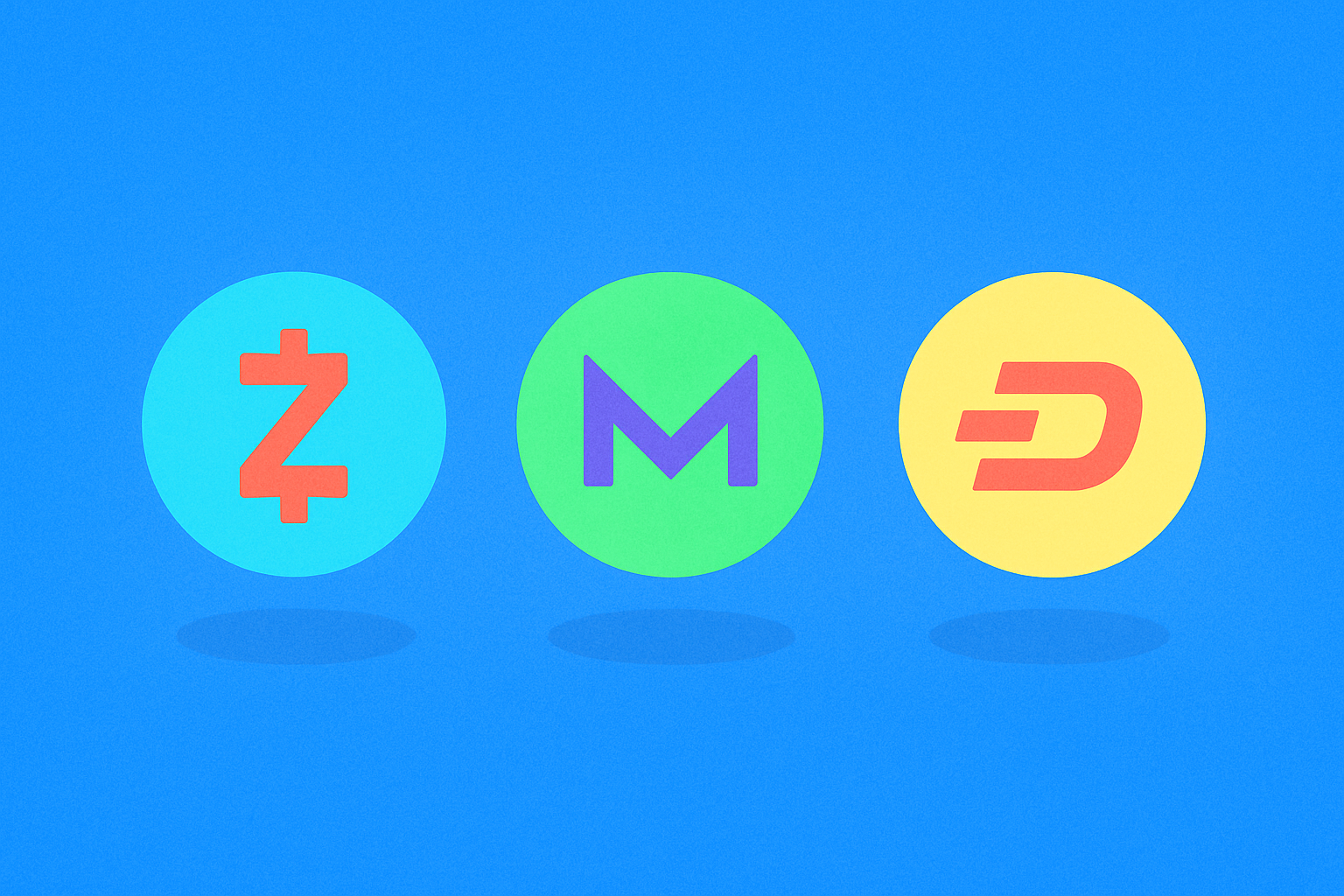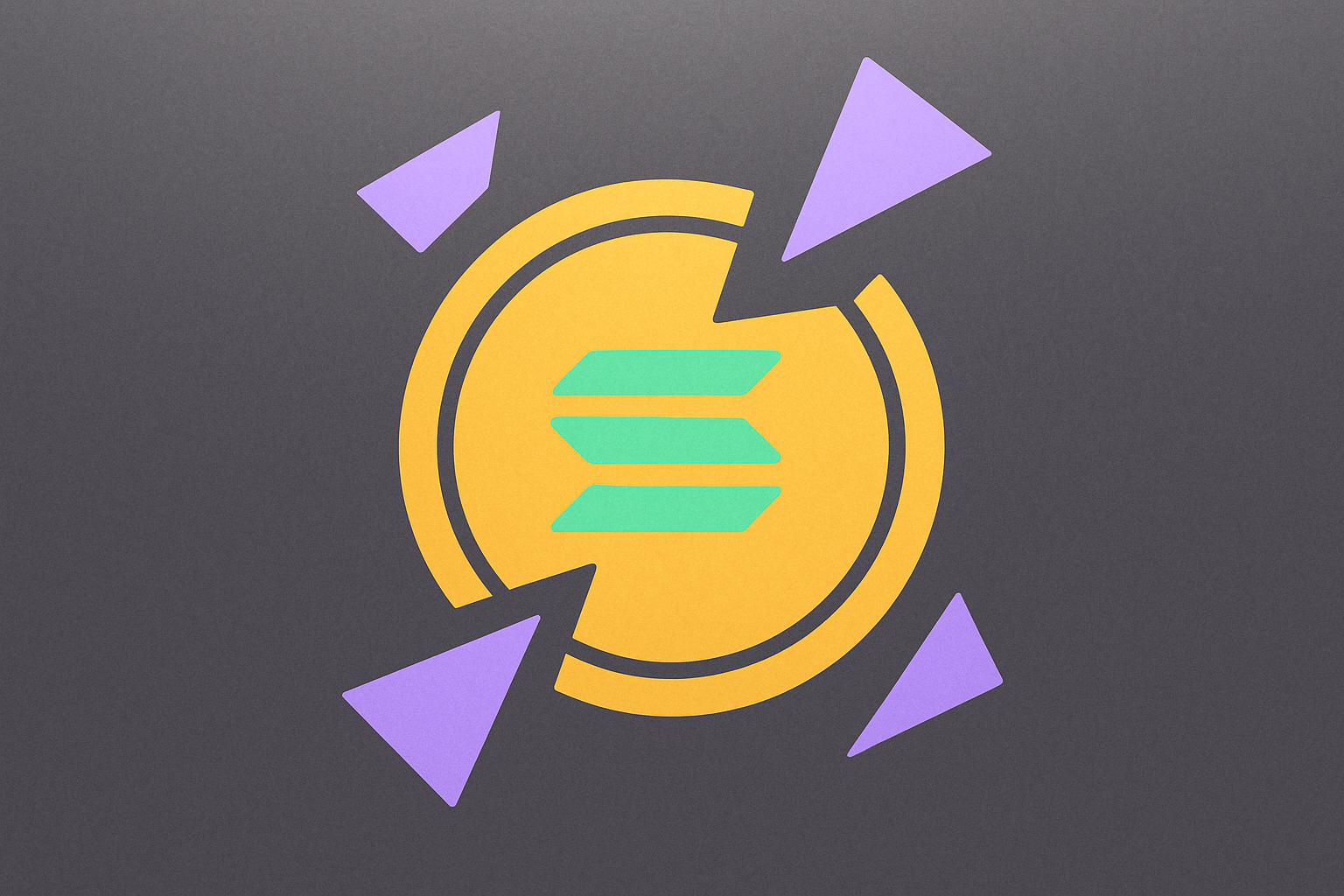2025 yılında Dash cüzdanlarını bekleyen en büyük güvenlik riskleri nelerdir?

Akıllı kontrat açıkları 50 milyon doların üzerinde kayba yol açtı
DASH kripto para ekosistemi, hackerların akıllı kontrat altyapısındaki kritik güvenlik açıklarını istismar etmesiyle ağır bir güvenlik ihlaliyle karşılaştı. Bu saldırıda, protokolü yöneten özel anahtarlara izinsiz erişim sağlandı; saldırganlar, yönetim yetkileri için gereken on bir imzadan üçünü ele geçirdi. Kullanılan yöntem, kontrat imzalarının gelişmiş şekilde manipüle edilmesini içererek saldırganlara farklı blockchain ağlarında kötü niyetli "transferFrom" işlemlerini yürütme imkânı tanıdı.
Güvenlik analizleri, saldırganların, fonları boşaltmak amacıyla erişim kontrollerini karmaşık ve dikkatlice planlanmış işlem dizileriyle atlattığını gösterdi. Saldırıya ilişkin detaylar, finansal zararın büyüklüğünü ortaya koyuyor:
| Saldırı Bileşeni | Etkisi |
|---|---|
| Etkilenen Ağlar | BSC & ARB zincirleri |
| İhlal Edilen Doğrulama | 11 özel anahtarın 3'ü |
| İstismar Yöntemi | Kontrat imzası manipülasyonu |
| Toplam Zarar | 50 milyon doların üzerinde |
Bu güvenlik zaafı, merkeziyetsiz finans protokollerindeki yapısal risklerin önemini bir kez daha vurguluyor. Olay, çoklu imza gereksinimleriyle oluşturulan sistemlerin dahi, özel anahtar güvenliği tehlikeye girdiğinde savunmasız kalabileceğini gösteriyor. Gate kullanıcıları ve kripto yatırımcıları, bu örneği daha güçlü güvenlik önlemlerinin, düzenli akıllı kontrat denetimlerinin ve etkili özel anahtar yönetiminin tüm blockchain uygulamalarında zorunlu olduğuna dair bir uyarı olarak görmeli.
Dash cüzdan kullanıcılarını hedef alan kimlik avı saldırıları %200 arttı
Siber tehditlerdeki ciddi artış, Dash kripto topluluğu üzerinde büyük etki yarattı; güncel veriler, Dash cüzdan kullanıcılarını hedef alan kimlik avı saldırılarının 2025’te %200 oranında arttığını gösteriyor. Bu keskin yükseliş, kripto güvenliğinde genel eğilimlerle uyumlu; saldırganlar, merkezi borsalardan bireysel cüzdan kullanıcılarına yöneliyor.
Güvenlik uzmanları, bu saldırıların artık geleneksel tespit mekanizmalarını aşabilen gelişmiş yapay zekâ destekli kimlik avı teknikleriyle gerçekleştirildiğini bildiriyor. Yeni güvenlik raporlarına göre, saldırıların özellikleri dikkate değer biçimde değişti:
| Saldırı Özelliği | 2024 | 2025 | Değişim |
|---|---|---|---|
| Yapay zekâ destekli kimlik avı vakaları | 22% | 60% | +173% |
| QR kod ile kimlik avı ("quishing") | 15% | 47% | +213% |
| Kötü niyetli MFA uyarı saldırıları | 12% | 38% | +217% |
Özellikle, Dash cüzdanlarını hedef alan çok odaklı kimlik avı kampanyalarının artışı endişe veriyor. Saldırganlar, kullanıcıları özel anahtarlarını veya cüzdan şifrelerini paylaşmaya ikna etmek için sosyal mühendislik yöntemlerini sıkça kullanıyor. Federal Ticaret Komisyonu, bu yeni tehditlerle ilgili olarak uyarılarda bulunuyor ve kripto kullanıcılarına gönderilen paketlerde zararlı QR kodlarının yer aldığına dikkat çekiyor. Bu hedefe yönelik yaklaşım, Dash’in gizlilik özellikleri ve Kasım 2025’te 108,28 dolar seviyesine ulaşan piyasa değeri nedeniyle Dash kullanıcılarını daha savunmasız kılıyor.
Dash arzının %30’unu elinde bulunduran merkezi borsalar ciddi saklama riskleri oluşturuyor
Dash’in arzının %30’unun merkezi borsalarda yoğunlaşması, yatırımcılar için ciddi güvenlik açıkları doğuruyor. Bu platformlar, geçmişte milyonlarca dolarlık varlıkların çalındığı birçok saldırıda olduğu gibi, hackerlar için cazip hedefler haline geliyor. Borsalar toplam arzın bu kadar önemli bir kısmını elinde tutarken, kullanıcılar özel anahtarlarının kontrolünü borsalara devrediyor ve bu durum, kriptonun özündeki kendi kendine saklama ilkesine ters düşüyor.
| Risk Faktörü | Olası Sonuç |
|---|---|
| Güvenlik İhlalleri | Saldırı sonucu kullanıcı fonlarının kaybı |
| Düzenleyici İşlemler | Yetkililerce varlıkların dondurulması ya da el konulması |
| Operasyonel Hatalar | Piyasa dalgalanmalarında çekim kısıtlamaları |
| İflas Olayları | Yatırımcı fonlarının alacaklı haklarına dönüşmesi |
Bu saklama yoğunluğu, Dash ekosisteminde sistemik riski artırıyor. Büyük bir borsa başarısız olur veya düzenleyici sorunlarla karşılaşırsa Dash’in fiyat istikrarı ve likiditesi ciddi biçimde etkilenebilir. Kullanıcılar, hem işlem platformu hem de saklayıcı olarak faaliyet gösteren borsaların, güvenlikten ziyade operasyonel kolaylığa öncelik verebileceğinin ve bunun çıkar çatışmasına yol açabileceğinin farkında olmalı. Dash’in borsalardaki büyük varlık oranı, ağ güvenliği ve sürdürülebilirliği için alternatif saklama çözümleri ve merkeziyetsiz işlem seçeneklerinin gerekliliğini vurguluyor.
SSS
Dash Coin iyi bir yatırım mı?
Evet, Dash Coin yatırım açısından potansiyel taşıyor. Hızlı ve düşük maliyetli işlemlere odaklanması ve gerçek dünyada kullanım alanı bulması, kripto piyasasında uzun vadeli büyüme için onu cazip kılıyor.
Dash tekrar 1.000 dolara ulaşır mı?
Evet, Dash yeniden 1.000 dolara ulaşabilir. Süregelen geliştirmeler ve dijital ödemelerde artan benimsenmeyle, Dash’in bir sonraki boğa piyasasında önemli fiyat artışları yaşaması olası.
Dash Coin’de ne oldu?
Dash Coin, gizlilik ve hızlı işlemleriyle kripto piyasasında etkinliğini sürdürüyor. Özellikle gelişmekte olan pazarlarda yaygın olarak benimsendi ve büyük platformlara entegre olarak cazibesini ve piyasa konumunu güçlendirdi.
Dash coin nedir?
Dash, hızlı ve güvenli işlemler için geliştirilen bir kripto para birimidir. Masternode yapısıyla gizliliği artırır ve anında ödeme imkânı sunar. Yüksek enflasyonlu bölgelerde, geleneksel para birimlerine dijital bir alternatif olarak öne çıkar.

Kripto Varlıklardaki En Büyük Güvenlik Riskleri Nelerdir ve Varlıklarınızı Nasıl Koruyabilirsiniz?

Kripto dünyasındaki en büyük güvenlik ihlalleri nelerdir ve varlıklarınızı korumak için neler yapabilirsiniz?

Kripto Varlıklarınızı Tehdit Eden En Büyük Güvenlik Riskleri Nelerdir ve Bunlara Karşı Nasıl Korunabilirsiniz?

Merkeziyetsiz Kripto Cüzdanlarında Öne Çıkan Tercihler

MPC Cüzdanları: Kripto varlıklarınızın güvenliğini ve saklama çözümlerinizi en üst düzeye çıkarın

En büyük kripto güvenlik riskleri nelerdir ve varlıklarınızı nasıl koruyabilirsiniz?

Zcash (ZEC), Monero (XMR) ve Dash (DASH) gizlilik odaklı kripto para piyasasında nasıl konumlanıyor?

Solana’nın geçmişinde yaşanan önemli güvenlik açıkları ve siber saldırılar nelerdir, bunlar SOL yatırımcıları üzerinde nasıl bir etki yaratır?

Solana'nın 2025 yılında piyasa değeri sıralaması ile 24 saatlik işlem hacmi nedir?

XL1 ve GRT: İki Önde Gelen Blockchain Oracle Çözümünün Detaylı Karşılaştırması

PROPS vs UNI: İki Önde Gelen DeFi Yönetim Token'ının Kapsamlı Karşılaştırılması







